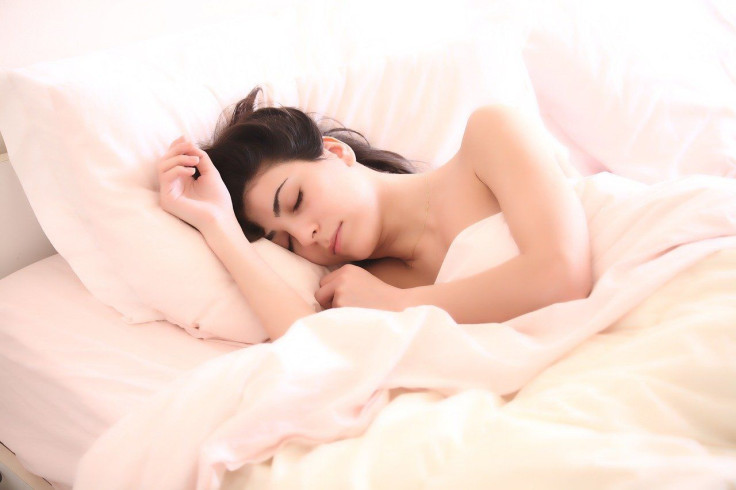Election Results Cost Americans 138.8 Million Hours In Lost Sleep, Increased Stress: Report
KEY POINTS
- A new study showed that Americans reported increased stress and anxiety due to the election
- Many Americans also have experienced election-related depression
- Hospitals are seeing a slow increase of patients who have election-related cardiac issues
A new study released Thursday found that Americans have lost more than 138 million hours of sleep and experienced increased stress as millions await the presidential election results.
Americans lost 25.50 minutes of sleep on average on Election Day or 138,833,045 hours as a nation, according to data from the Oura team. The study also showed that heart rates shot up to 1.4 beats per minute, which is higher than the average.
The usage of the "Stress" tag in the Oura app also increased by 15%, while the "Anxiety" tag saw a surge of usage of 9%.
Losing sleep over election results? You’re not alone.
— ŌURA (@ouraring) November 5, 2020
Our data shows Americans lost 25.20 minutes of sleep on average on election night. Added up across the US, that’s 138,833,045 hrs of lost sleep 🤯 https://t.co/QL50JPQ6jY
Great health starts with great sleep. Rest up 🙏 pic.twitter.com/Ul9oznnt1Z
The findings from the Oura team's study echoes results from multiple polls and reports across the country. On Thursday, many Americans said they were experiencing election-related stress, anxiety and depression, according to a Twitter poll by Komo News.
Tom Sebastian, president and CEO of Compass Health, said many of its clients reported increased anxiety and depression throughout the election. Several clients also said they were worried about potential civil unrest and violent protests in response to the election.
"Many of our clients depend on the coverage that comes from the Affordable Care Act and there's fear about how the actual election outcome might impact their ability to receive the care," Sebastian said.
The stress caused by the election has also spurred a slow increase in visits to hospitals due to cardiac-related issues. Dr. Zia Khan, a cardiologist at the Southern Hills Hospital and Medical Center in Las Vegas, said he expects to see even more cases of cardiac-related problems, News 3 Las Vegas reported.
"Stress has long been known to exacerbate cardiac problems. A lot of is to do with the election cycle, the politics going on," Khan said.
"I have a 24-year-old poll worker from yesterday who was having palpitations all night, came to my office and had an arrhythmia that needed to be treated. You're seeing those kinds of things," he added.
Health experts have cited several ways to cope with the stress and uncertainty from Election Day, according to CNN.
Dr. Tania Maria Caballero, an assistant professor of pediatrics at Johns Hopkins University School of Medicine, suggested "recharging your batteries" and taking a break from social media to allow new ideas and positivity. She also said taking walks and reading a poem could help drain stress.
Dr. Cynthia Akrill, an editor for Contentment magazine, said exercise could reduce built-up stress chemicals and calm your brainwaves. She suggested activities such as dancing to music or taking a walk outside.

© Copyright IBTimes 2025. All rights reserved.






















